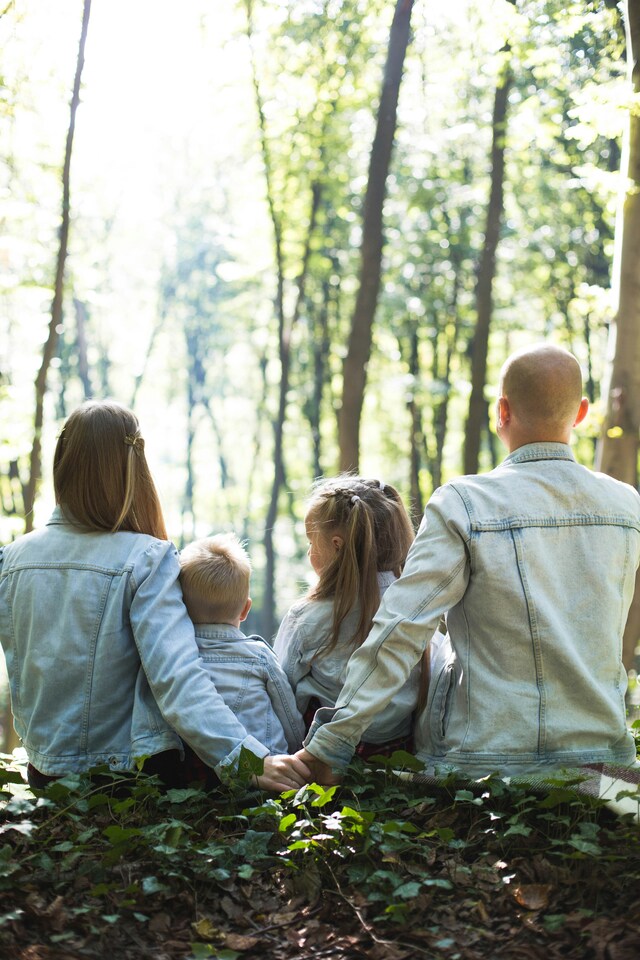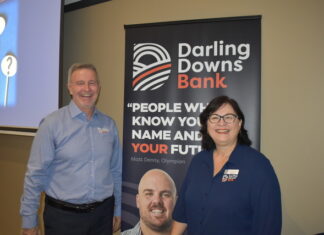Combatting the mental health crisis

Digital Edition
Subscribe
Get an all ACCESS PASS to the News and your Digital Edition with an online subscription
Bank signals further growth amid regional banking shake-up
As banks increasingly retreat from regional Australia, Darling Downs Bank is seemingly charting a different course.
The Warwick-based member owned bank expanded into Toowoomba last...








